With the establishment of diplomatic relations, the Chinese government agreed to allow American news organizations to open bureaus in Beijing, and the Carter administration welcomed Chinese journalists to be based in Washington. For the newly arrived American reporters, Deng Xiaoping's policies of economic reform and opening China to the world up after the isolation of the Mao years was the major story.
Sandy Gilmour had been the NBC News Houston correspondent when asked by the network to open its bureau in Beijing.
Clearly the primary story was the economic opening to the West, China beginning to develop some semblance of private enterprise, to reform this socialist command economy. I tried to do as many stories along those lines as I could. And slice-of-life. Those kinds of stories were always very popular. You could go out on the street, and you could shoot street scenes, bicycles, people walking, the cabbage piled up on the sidewalks in the wintertime for storage, stores and shops and so forth. You could go up to people and ask them questions, although many didn't want to answer because they were afraid of the potential consequences, even if it was a nonpolitical question such as“How do you enjoy life?” But to get into a Chinese enterprise, to go to a collective farm, a factory, those kinds of things took weeks and weeks of preparation, of phone calls, of begging and pleading and wheedling with the office in the Foreign Ministry that permitted correspondents to get out and do their business. It was extremely frustrating.
CBS sent Bruce Dunning, who had spent years covering the war in Vietnam.
A lot of us were trying to counteract the years of“Red China Menace” kind of stories and say,“These are people.” It's the largest country in the world. What are they really like? There was generally a lot of good feeling. Early on, you could get almost anything on the air. There was just that novelty, you know: We have a bureau in Beijing. We have a presence in China. They were willing to put almost anything on the air.
Jim Laurie, who arrived for ABC News, also had covered Vietnam and had been one of the few American journalists to stay in Saigon after the Communist victory.
Latest stories

asia falling behind the ai regulation race

aukus tech sharing not as robust as advertized

india dangles brahmos missile sales for russia
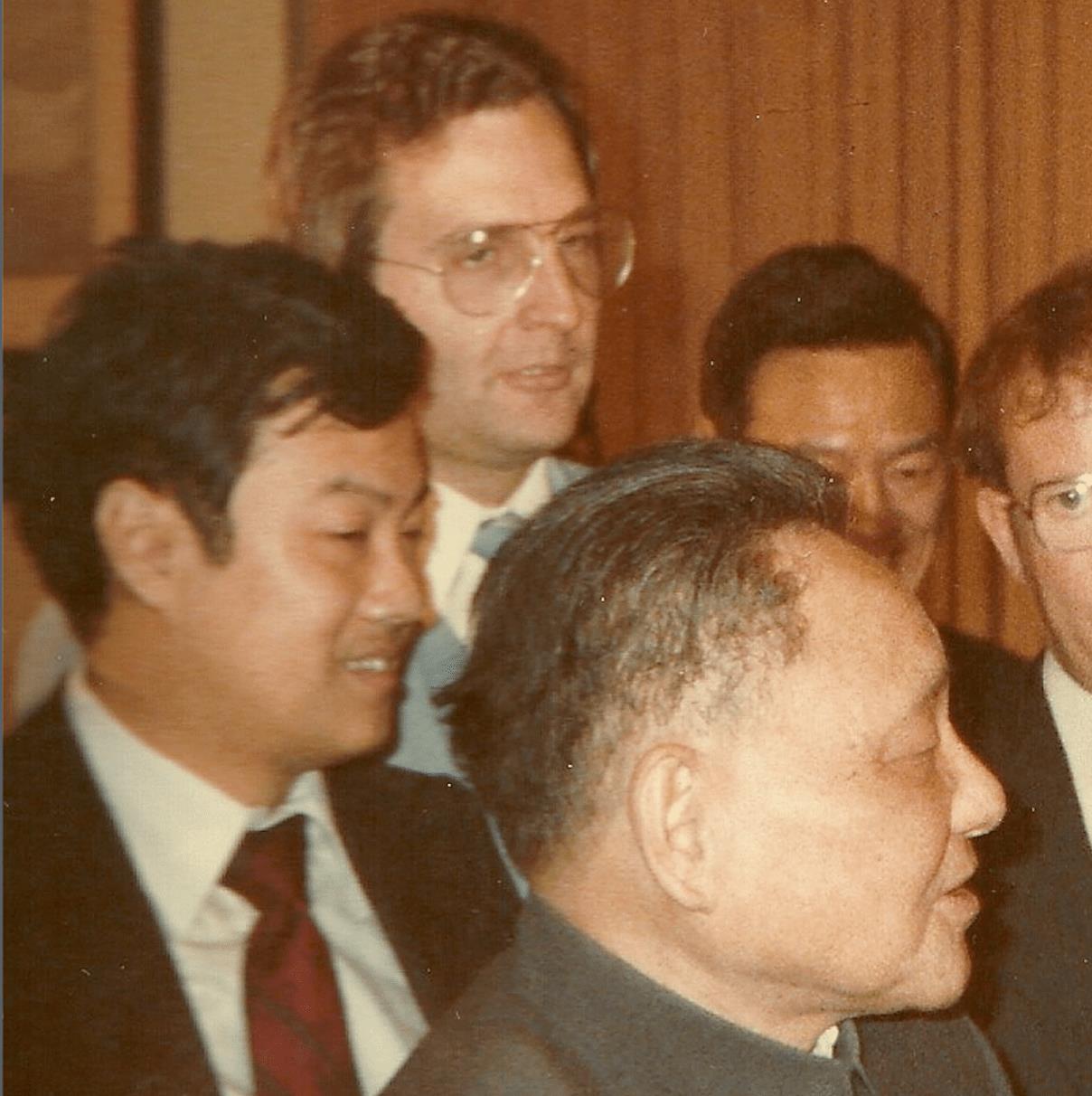
L-R, Frank Ching, Wall Street Journal, and Jim Laurie, ABC News, with Deng Xiaoping, Beijing, January 1979. Photo courtesy of Jim Laurie
Jim Laurie, ABC News :
In the early days, the opening of China to the West, there was a“gee whiz” mentality. If you go back and look at the programming on ABC, NBC and CBS in 1979, that is very much reflected. China opening up. Every little innovation that was part of the reform program that Deng was outlining was seized upon. The first private restaurant. The first private car. It was all a series of firsts. There was an insatiable appetite for slice-of- life stories, particularly if you could get good images. It's hard to understand now, but you've got to realize that in this period, '79 to '83, this was“coming out” for China. Very little had been seen of China, especially by American TV viewers. So almost anything that was visually interesting went.
§
Bruce Dunning, CBS News :
We did stories on private restaurants. People would set up restaurants in their homes and those were some of the first examples of private enterprise.
I remember when free markets began to show up on the outskirts of Beijing, just a few farmers setting up primitive benches and selling produce, but it was such an improvement over the state stores and the quality of produce just increased remarkably.
§
Linda Mathews, who had been working in Hong Kong for the Asian Wall Street Journal, opened the Los Angeles Times bureau.
Linda Mathews, Los Angeles Times :
On Good Friday 1980, some of the churches were just being reopened after being shut down during the Cultural Revolution. We walked into a church and met this bishop named Moses Xie. There was a choir practicing for Sunday services, and they had hand-lettered hymnals because the real hymnals had been burned during the Cultural Revolution. They were singing in Chinese,“Rise up, you men of God.” It was a magical moment to be in a Chinese church, which had been a factory for years and years, and here was a choir and a couple of Jesuits.
Linda's husband Jay, who had studied Chinese at Harvard, became the Washington Post bureau chief.
They faced a special problem, as neither of their papers was happy having its correspondent married to the competition.

Jay Mathews, Washington Post, and Linda Mathews, Los Angeles Times, at the Ming Tombs, Beijing, Photo courtesy of Jay and Linda Mathews
Jay Mathews, Washington Post :
The Washington Post had a tradition of correspondents signing a letter of understanding before they went overseas. There was a paragraph in my letter which said, Don't you dare ever be beaten by your wife on any kind of story, and if you can beat her as often as possible, that's fine. And I signed that very happily. But we've learned, as correspondents go overseas, that they do team up.
§
As part of his reforms, Deng Xiaoping authorized the establishment of four special zones along the country's southeastern coast as laboratories to experiment with market-style economics, and, he hoped, spearhead economic growth. For the first time since the Communist revolution, capitalist activities such as private enterprise and foreign investment were not only permitted but actively encouraged. The first zone was Shenzhen, at the time just a small fishing community directly across the border from Hong Kong.
Frank Ching, born in Hong Kong, edited China stories for several years for the New York Times. In 1974, he returned to the territory to join the Asian Wall Street Journal before being assigned to Beijing.
Frank Ching, Wall Street Journal :
Shenzhen was nothing. A little village, very few people. When you first went down, there was nothing to see. They hadn't done anything yet. But they talked about their plans. Now there are millions of people. It's incredible that China could build up a city like this almost overnight.
§
Liu Heung-shing, who had also been born in Hong Kong, joined the Associated Press bureau in Beijing.
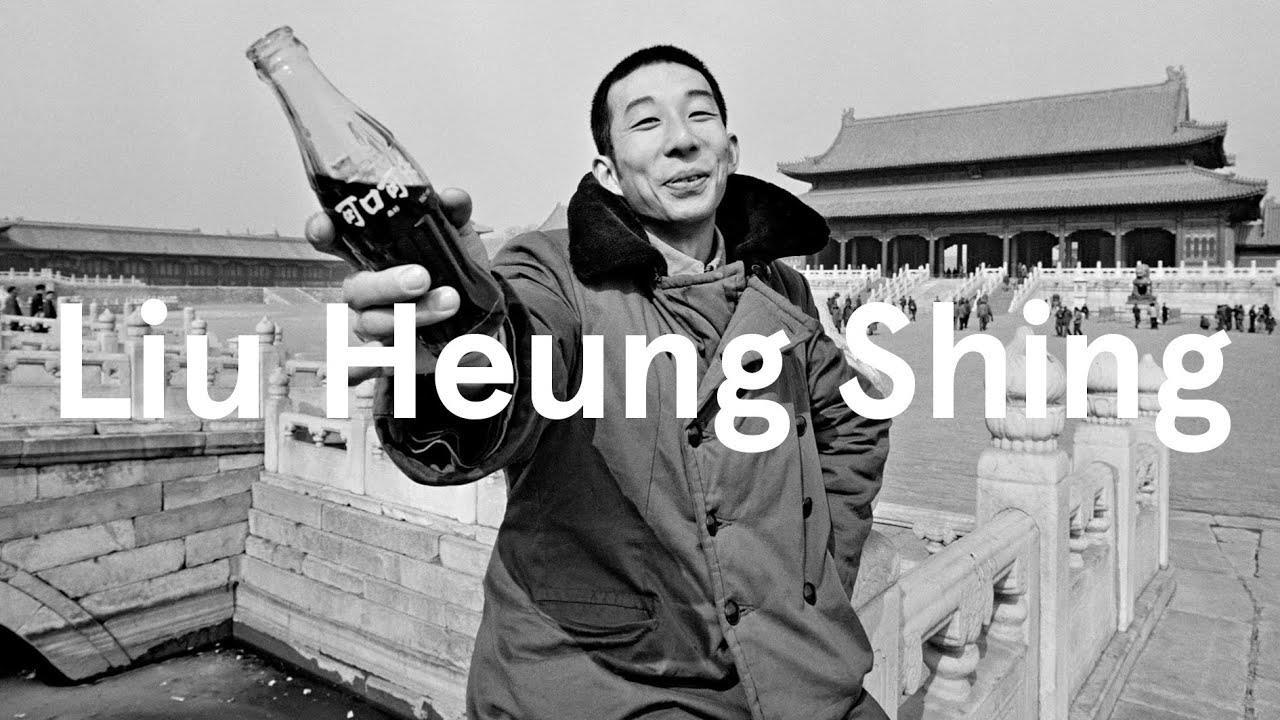
Coca-Cola's entry into the China market was a huge story. Here's is a famous shot by Pulitzer Prize-winning photojournalist Liu Heung-Shing. Source: YouTube
Liu Heung-Shing, Time, Associated Press :
They were laying out their blueprints and telling us where they're going to build a highway and where they're going to build a Holiday Inn hotel and convention center, where they're going to build the port. And the reaction from my colleagues on that trip was that,“Yeah, right.”
§
Like Jay Mathews, Richard Bernstein had studied Chinese at Harvard. He had been serving as Time magazine's Hong Kong correspondent.
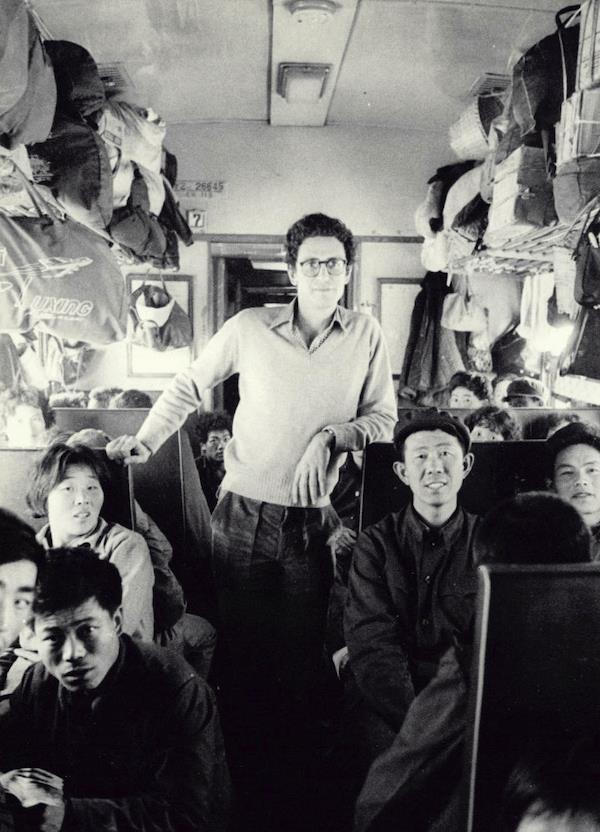
Richard Bernstein, (Time,) on a train, Photo courtesy Liu Heung-Shing
Richard Bernstein, Time :
I think what we got wrong was, we totally underestimated the ability of China to change rapidly. Nobody could have predicted. We certainly didn't predict the extent to which China would become a country like a lot of others.
§
Some of the most dramatic changes began to unfold in the countryside, where Deng Xiaoping authorized the breakup of that symbol of radical Maoism, the people's communes. The collective farms, set up during the Great Leap Forward in the late 1950s, were replaced by a system of household family farming that sharply boosted rural incomes.
Melinda Liu, a Chinese American from Ohio, opened the Newsweek bureau.
Melinda Liu, Newsweek :
The People's Commune system was such an icon of Maoism. The fact that it was being broken up into family-based farms, which turned out to be much more productive than the big collectives, was very telling. On the group visits, the challenge was, how do you get anything out of it that's not the same as everyone else? There was one of these group visits to Anhui where a People's Commune was being literally parceled out. I kind of infiltrated a family and they were so excited and really happy. One farmer was like,“Yeah, I got such and such a plot, [of land].” They had even divided up the wheelbarrow so that someone had half, and someone had the other half.“My neighbor got the wheel, and I got the rest of it.” And I'm like,“How is that going to work?” But they were so happy.
§
Indeed, as the Mao years faded into memory, the dominant theme in the China of Deng Xiaoping was hope.
Jay Mathews, Washington Post :
We were fairly hopeful. This very strong culture was coming back, was building businesses, was creating a government that was more responsive to the people's needs, was letting people talk more freely, if not in the public press. That was unleashing all kinds of interesting and hopeful changes in the way Chinese were going about their lives – and producing flashes of humor, creative art, filmmaking, things they hadn't had before and were going in interesting directions. I am an optimist, so I was always looking to see the glass half full, and I thought the glass was really getting much fuller.
###

Mike Chinoy, a non-resident senior fellow at the University of Southern California's US-China Institute, spent 24 years as a foreign correspondent for CNN, serving as the network's first Beijing bureau chief and senior Asia correspondent. He won Emmy, Dupont and Peabody Awards for his coverage of Tiananmen Square. He is the author of five books including China Live: People Power and the Television Revolution; Meltdown: The Inside Story of the North Korean Nuclear Crisis; The Last POW; and Are You With Me: Kevin Boyle and the Rise of the Human Rights Movement. This excerpt adapted from his assignment china: an oral history of american journalists in the people's republlic , is copyright © 2023 Columbia University Press. Used by arrangement with the publisher. All rights reserved.
Like this:Like Loading... Related



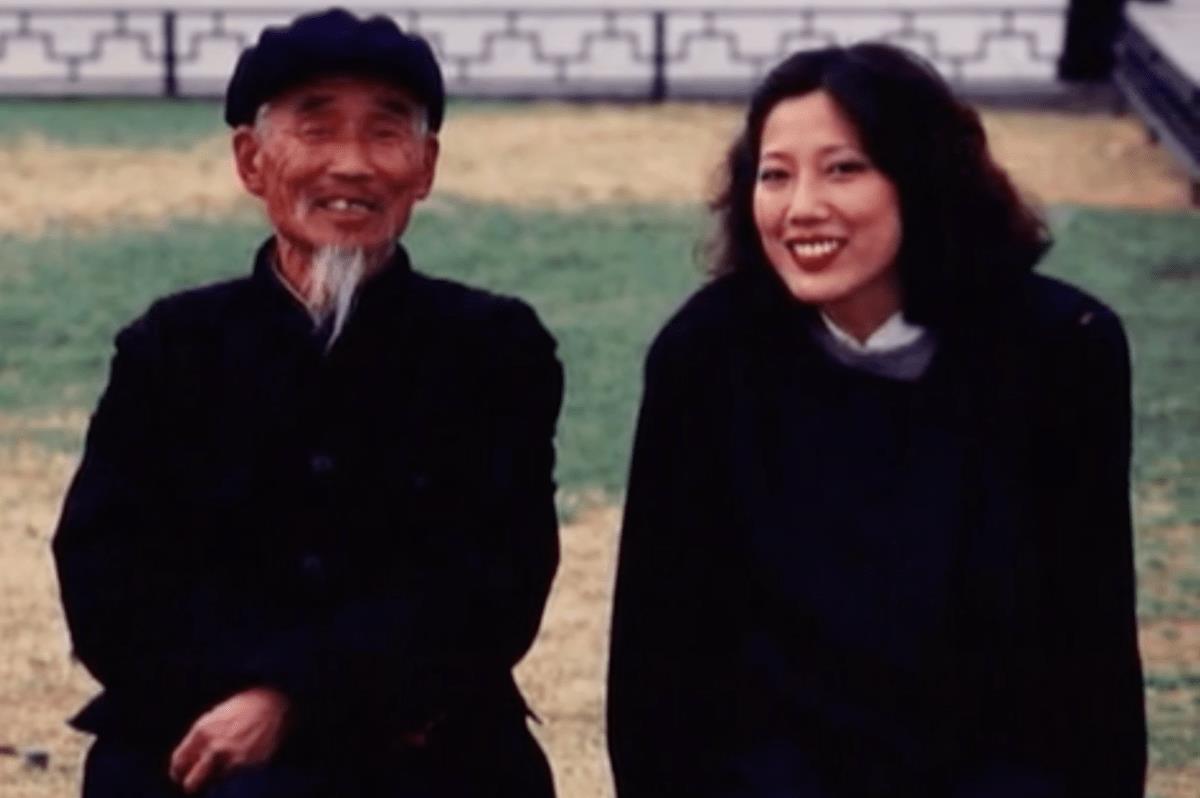

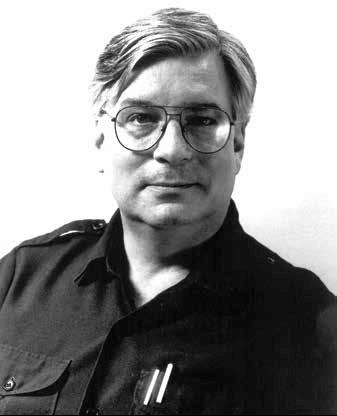
























Comments
No comment